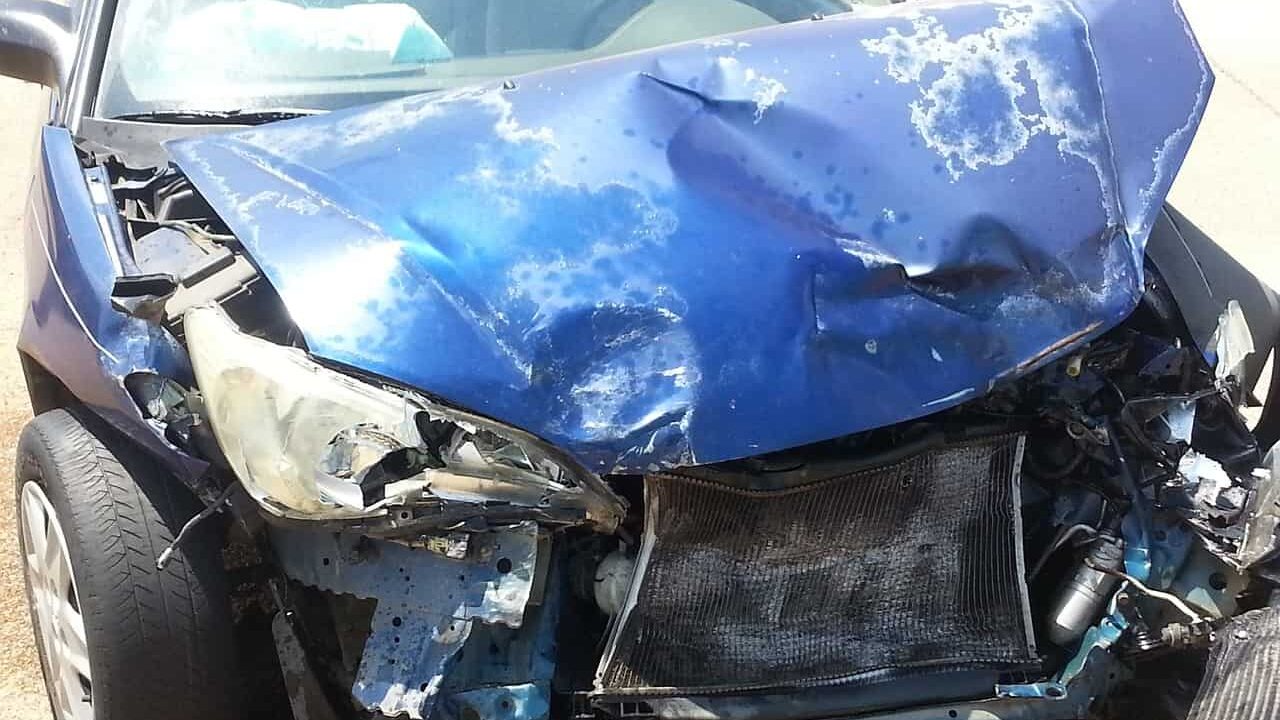Car crashes are dangerous. It can cause vital and detrimental injuries that are enough to kill a person. One potential hazard known to internal combustion engine vehicles is gasoline, which can catch fire and explode.
What happens inside an EV in a car crash?
It differs from electric vehicles to ICE vehicles. Electric cars are safe as gasoline-powered cars in a car crash too. EVs don’t have any gasoline. This particular feature makes EVs distinctly safer than cars with internal combustion. However, Ankin Law stated electric vehicles could pose fire and electric shock dangers in motor vehicle accidents due to high voltage electricity.
The lithium battery powers up an electric vehicle and its function. And if the lithium battery ignites, the chemicals from a standard fire extinguisher cannot douse the flames, according to Auto Accident.
“Fires in electric vehicles like Teslas have proven challenging to douse. It isn’t hard to find stories of serious accidents involving Teslas and other electric cars. Like other vehicles, electric cars have involvement in auto accidents.”
Auto Accident
Safety tips for EV drivers
In the matter of safety around the use of electric vehicles, safety tips to prevent additional hazards and serious injuries for drivers and passengers involved in electric motor vehicles are recommended by the US Administration, as written on Ankin Law’s website:
● Inform all emergency responders that the vehicle is electric.
● Assume the vehicle is fully powered, even after a crash.
● Roll down the windows before shutting off the engine.
● Remove the ignition key, and keep it at least 16 feet away from the vehicle.
● Do not touch the engine compartment, battery, exposed electrical components, or any wiring under the hood that can cause electrical shock.
● Maintain a safe distance from any electric vehicle that has suffered extensive damage.
All EVs should pass inspections and safety testing as gasoline-powered vehicles. They must also pass EV safety standards that secure batteries in a crash, limit chemical spills from the batteries, and isolate them to prevent electric shock due to their high voltage.
Additionally, Ankin Law further provides and recommends tips for EVs that have been in a crash but not yet repaired:
● Contact an authorized service provider or vehicle manufacturer for repairs.
● Report any leaking fluids, bubbling, sparks, or smoke coming from the car’s high-voltage battery
● Do not store a severely damaged electric vehicle inside a building or within 50 feet of combustible materials.
● Note that damage to the high voltage system in an EV can result in a delayed release of toxic fumes or flammable gasses.
See Also:
- Tesla displays the “world’s first” real-world crash test system
- Crash tests of Sion from Sono Motors show, its solar panels are safe
- Tesla crashes over 250 feet down a Californian cliff, all passengers alive
- Tesla issues voluntary recall on its Semi over parking brakes issues
- Lucid Motors recalls 637 Air models that could lose power
While electric cars may have some unique safety considerations, they are generally considered as safe as gasoline-powered cars in a car crash. In some cases, they may even be safer due to their advanced safety features and structural design.

